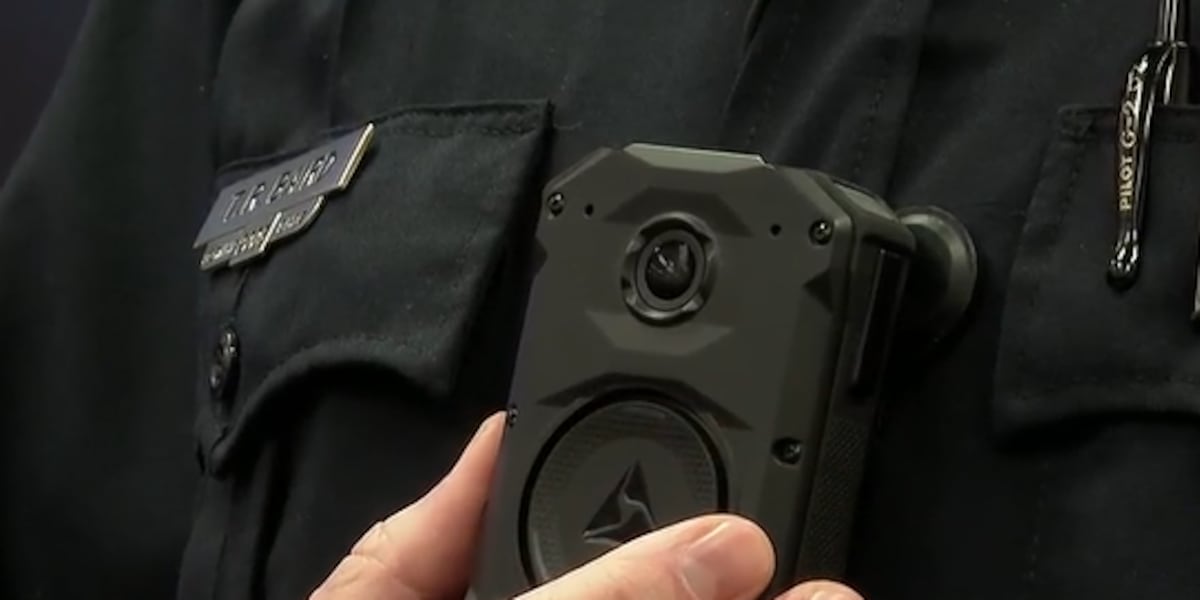The Wichita Police Department is embracing cutting-edge technology to enhance communication within the community, particularly for non-English speakers. Utilizing artificial intelligence from Axon, the department’s police body cameras can now translate over 50 different languages in real time, significantly improving interactions between officers and citizens.
Officer Tim Baird of the Wichita Police Department explained the functionality of this innovative system. Officers have the option to specify which languages they wish to translate or allow the camera to automatically detect the spoken language. Once a language is identified, the system provides immediate translations, facilitating smoother communication during critical situations.
Promising Early Results
The technology is currently being tested by 65 officers, and the initial outcomes are encouraging. Officer Baird noted that this capability allows officers to gather essential preliminary information, which is vital for safety and security assessments. The system enables them to quickly ascertain whether there is any ongoing danger or if any individuals require medical assistance.
In a demonstration, the AI successfully translated a Spanish message into English. For instance, when a caller said, “Oficial necesito ayuda con una situación en mi casa” (Officer, I need help with a situation at my house), the Axon AI recognized the language and translated it effectively. The officer’s subsequent response was then translated back into Spanish: “Okay, we are here to help you, do you want to head over to your house and talk about what is going on?” This bi-directional translation capability underscores the technology’s practical application in real-world scenarios.
Importantly, the Wichita Police Department assures that all data processed through this system remains secure and confidential. Officer Baird emphasized that the information being translated does not get sent to open-source platforms like Google, ensuring privacy for those involved.
The Role of Human Translators
Despite the promise shown by AI-powered translations, the Wichita Police Department stresses that this technology is not intended to replace human translators. Official statements from victims, witnesses, or suspects will still require skilled human translators to ensure accuracy and context. Officer Baird highlighted that while the AI system is a step forward, the need for human oversight in sensitive situations remains crucial.
Looking ahead, the Wichita Police Department hopes to make this translation technology a permanent fixture in their operations. Officer Baird expressed optimism, stating that the ability to communicate effectively can help build trust within the community. “I think it makes people feel more comfortable to know that they can say something and the officer understands it and the officer can respond to them,” he noted.
As Axon continues to develop this technology, they plan to incorporate additional languages into their system by next year, further expanding its utility. The integration of AI in law enforcement not only highlights advancements in technology but also reflects a growing commitment to community engagement and accessibility.
In summary, the Wichita Police Department’s initiative to implement AI-driven translation services demonstrates a proactive approach to addressing language barriers, fostering better communication, and enhancing public safety.
See also Samsung Achieves 30B-Parameter AI Model on 3GB Memory Using Breakthrough Compression
Samsung Achieves 30B-Parameter AI Model on 3GB Memory Using Breakthrough Compression Asseta AI Secures $4.2M to Enhance Intelligent Financial Tech for Family Offices
Asseta AI Secures $4.2M to Enhance Intelligent Financial Tech for Family Offices VeydooMax Unveils V5 AI Smart Hub at EICMA 2025, Attracts 100+ European Dealers
VeydooMax Unveils V5 AI Smart Hub at EICMA 2025, Attracts 100+ European Dealers AI Growth Lab Launches to Address UK’s Workforce AI Literacy Gap, Says AlphaSense’s Sanchez-Grant
AI Growth Lab Launches to Address UK’s Workforce AI Literacy Gap, Says AlphaSense’s Sanchez-Grant VA Launches Ambient AI Scribe, Saving Clinicians 2 Hours Daily and Enhancing Veteran Care
VA Launches Ambient AI Scribe, Saving Clinicians 2 Hours Daily and Enhancing Veteran Care























































